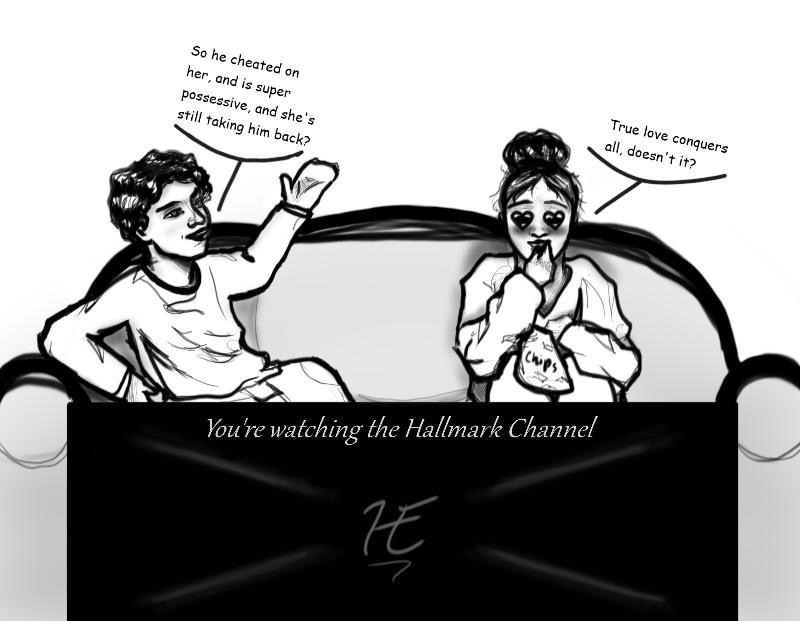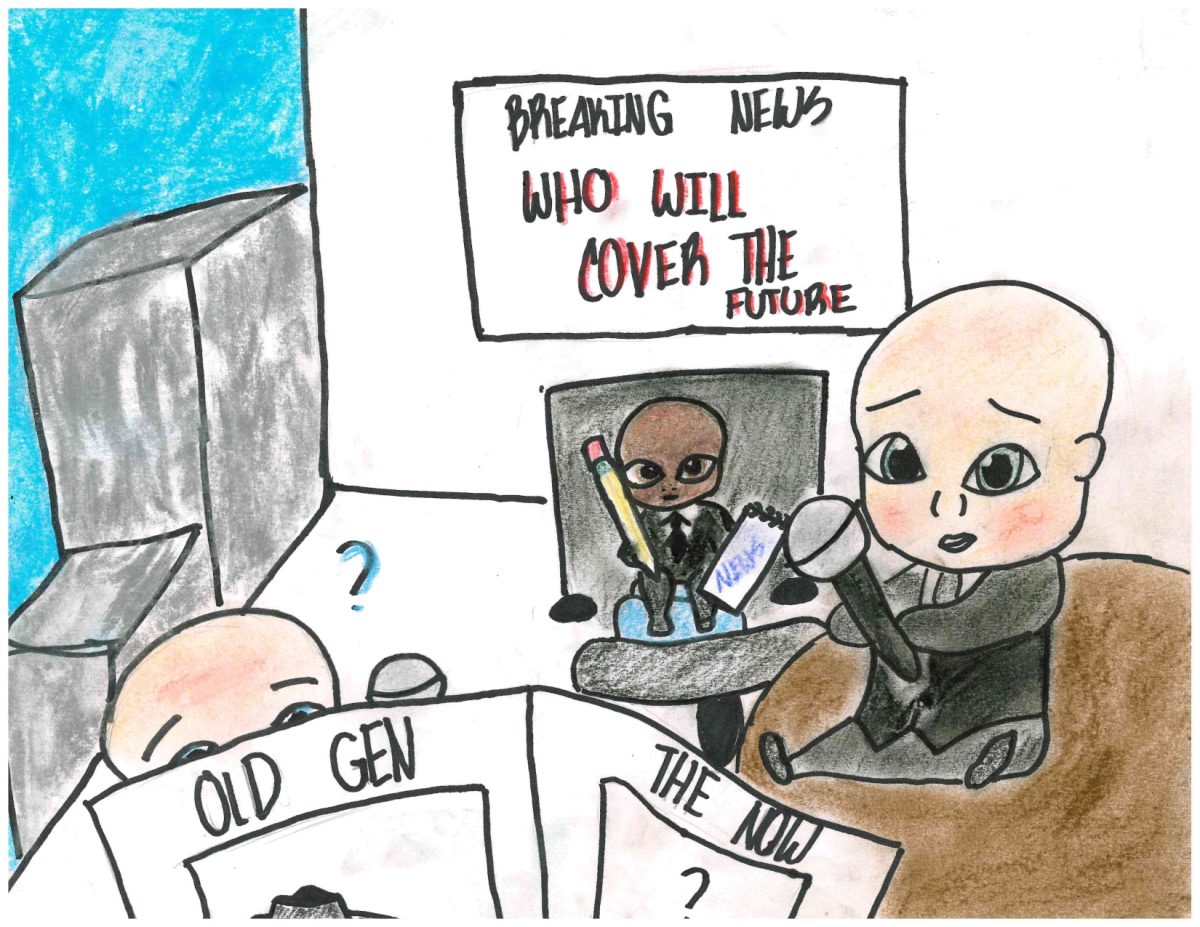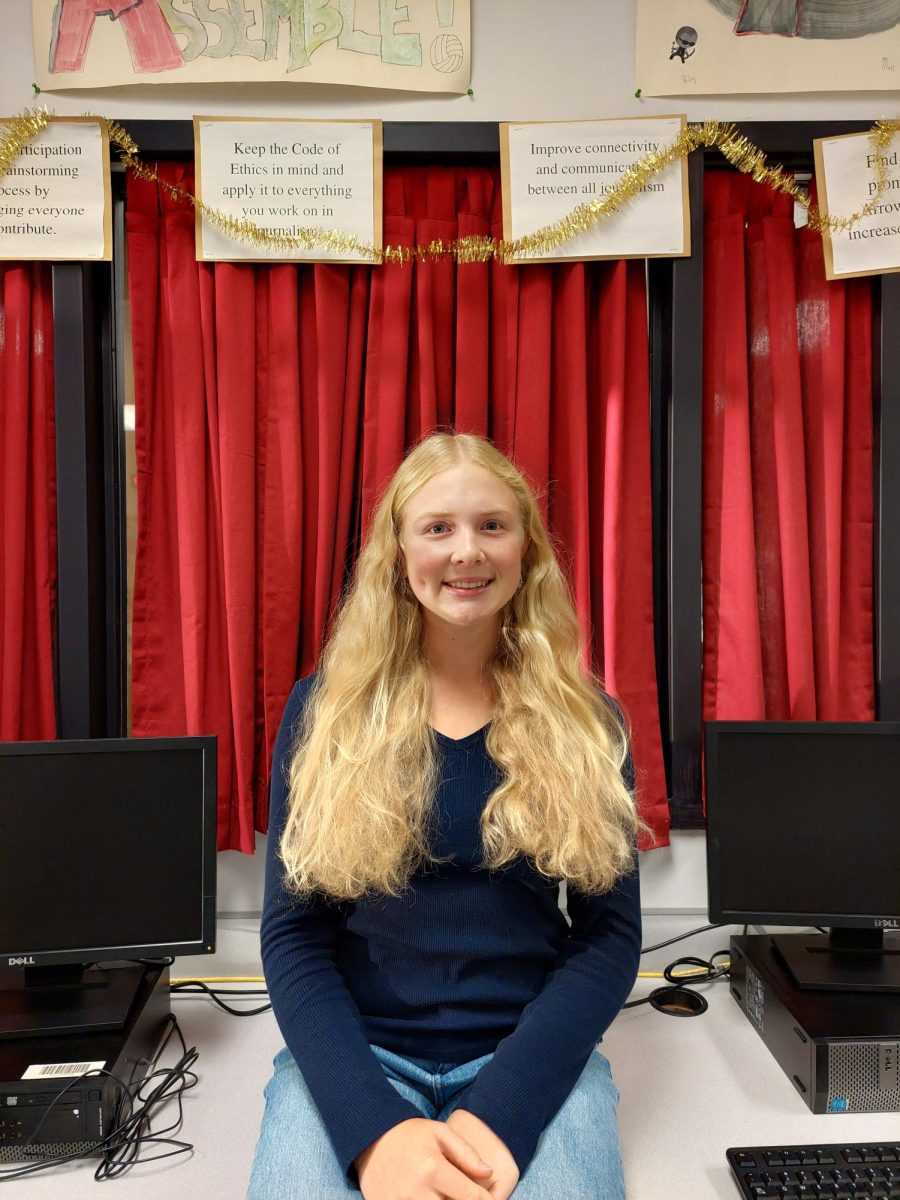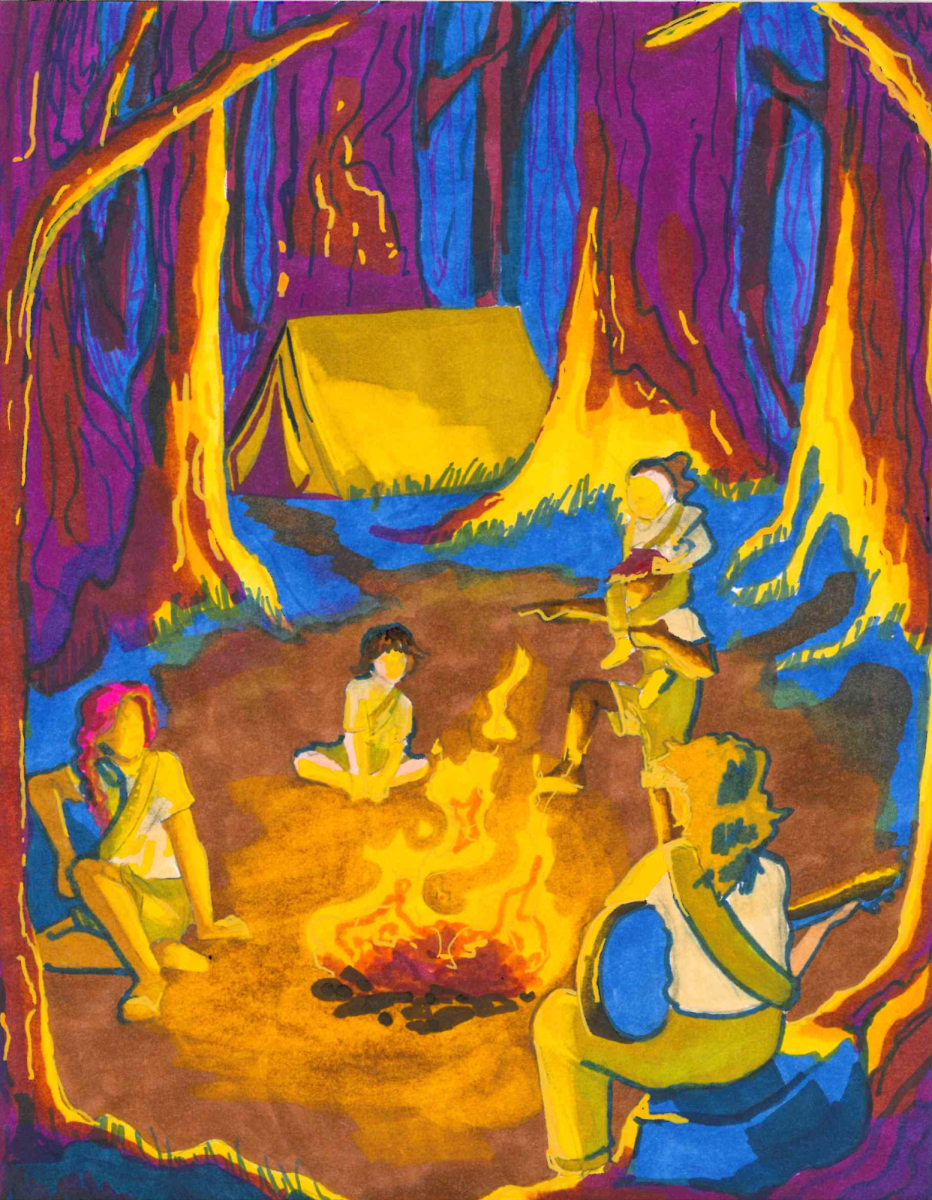By portraying toxic relationships as acceptable and normal, the media today presents its viewers with an unrealistic expectation of relationships that aren’t necessarily healthy in order to gain more viewers.
The portrayal of relationships in the media is important, as it exemplifies what to do, and what not to do in order to maintain a stable relationship. Over time, our perception of acceptable behavior when it comes to relationships has been skewed due to how they’ve been portrayed on the big screen.
Common tendencies shown in the media are actually toxic and rather unhealthy, but due to their relativity in movies and television, they’re perceived as normal.
An example of this can be seen in “Pretty Little Liars,” where student Aria Montgomery (16) and teacher Ezra Fitz (22) dated over multiple seasons of the show.
After meeting at a restaurant bar during the summer, Aria walks into her high school class to find her new boyfriend as her new teacher. Instead of ending it there, the two continued to be together for the duration of that season.
In reality, it is illegal for a teacher to have a relationship with a student (even if they’re over 18). In 2010, a Washington State Supreme Court case ruled that even if the student is of the age of consent, it’s still illegal for them to have a relationship with a student.
In an editorial written for the Seattle Times, “The case went to the state Supreme Court, which ruled that student age doesn’t matter in teacher-sex cases, even if the student is considered an adult by other state laws.”
This is just one example of an inappropriate and toxic relationship being glorified in the media.
In other movies and TV shows like “The Vampire Diaries,” other toxic traits have also been displayed and glorified.
In these TV shows, there’s a common theme of excessive forgiveness. There are many instances where characters perform inexcusable actions and are forgiven and embraced because of “love.”
In “The Vampire Diaries,” every love story is backed by a trail of murders and betrayal. These things are justified by the other characters in the name of love, and we as the consumers of this media encourage it.
If in real life a partner in a relationship (or anyone, for that matter), commits mass murder (even of ones own family members), it should be condemned, not seen as an act that can be redeemed for the sake of true love.
Junior Ally Mahoney thinks that there are a lot of behaviors in television and movies that go overlooked.
“There’s a lot we don’t necessarily look into when it’s on tv, but I know that if stuff like that happened to me in real life, I wouldn’t view it as healthy,” Mahoney said.
Junior Dylan Reinford notices different displays of toxic behaviors in shows he watches.
“I’ve seen in a lot of shows that people ignore their issues with each other just so they can be together in the end and living happily ever after,” Reinford said. “It just doesn’t seem realistic. They’re always on and off, and they can never decide if they’re really going to be together.”
Though these relationships aren’t good role models, they make for good entertainment.
“I think that they do it on purpose, of course, because it always makes more drama,” Mahoney said. “I know I always enjoy a crazy love story.”
Popular media portrays toxic relationships in an unrealistic way
To increase drama and gain more views, today’s media showcases relationships that are unhealthy and toxic as normal things that should be accepted. These skewed perceptions of what a relationship should look like can be detrimental to how we behave in our personal lives.
0
More to Discover
About the Contributor
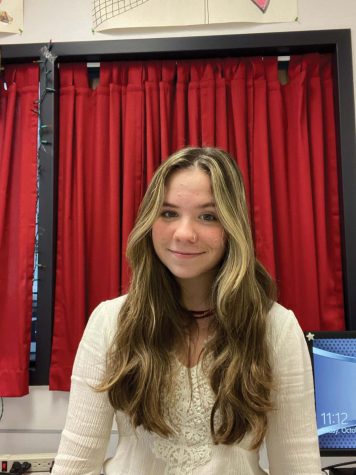
Annabel Cunningham, Features Editor

